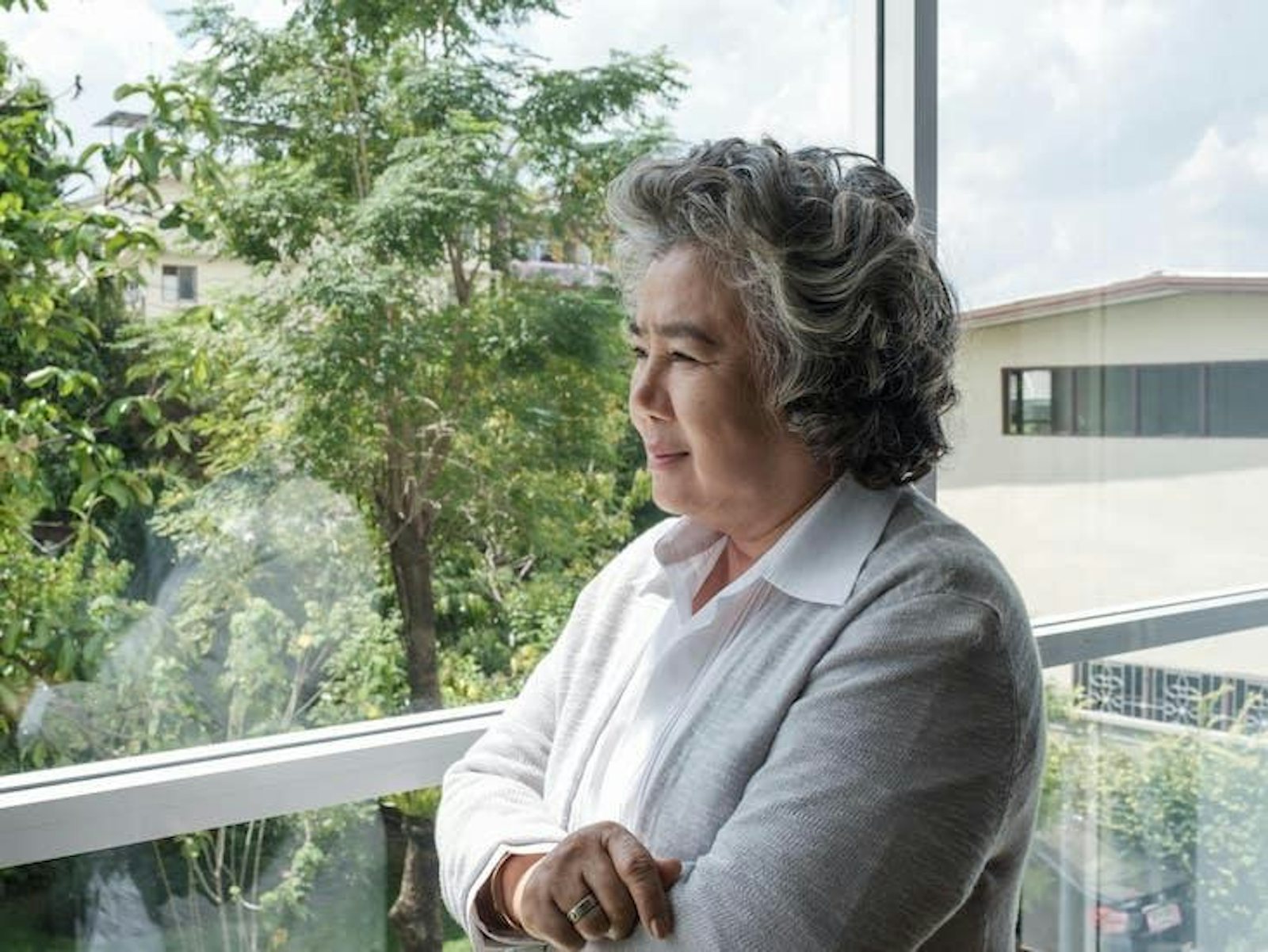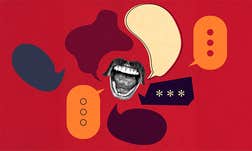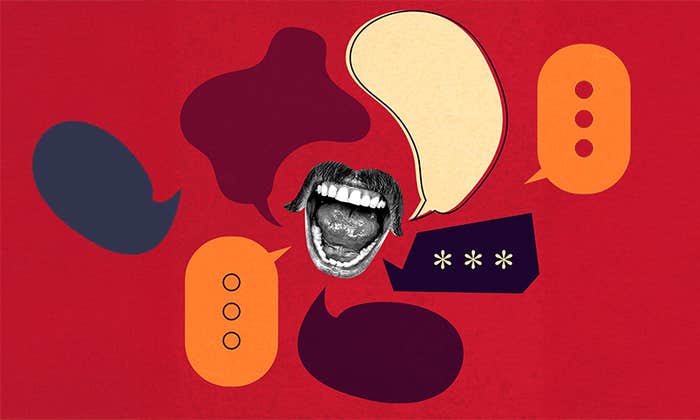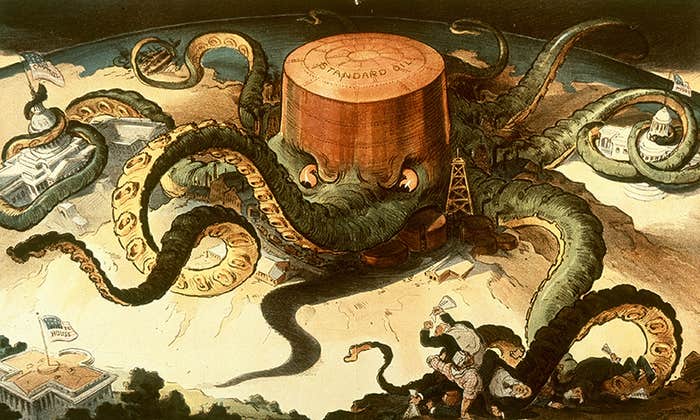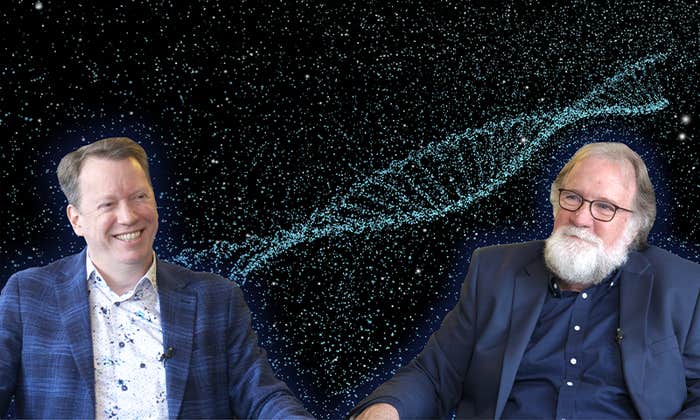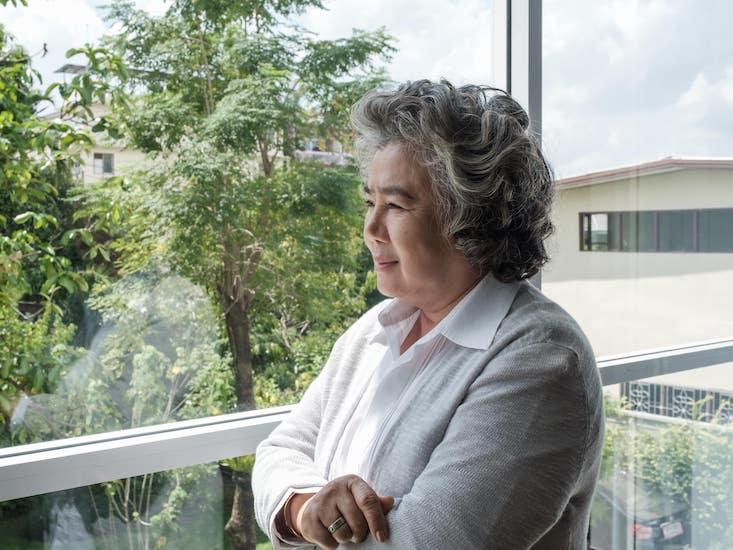
During the Spanish flu of 1918, it was Vick’s VapoRub. During the 1962 Cuban Missile Crisis, it was canned food. Now, as the number of cases of COVID-19 grows worldwide, it’s, among other things, toilet paper. In times of precarity, people often resort to hoarding resources they think are likely to become scarce—panic buying, as it’s sometimes called. And while it’s easy to dismiss as an overreaction, it underscores just how difficult it can be, for both the general public and public health authorities, to choose the right response to a dangerous, rapidly evolving situation.
“One of the reasons we have so many challenges is that there’s just so much uncertainty, especially in the early days of an outbreak,” said Glen Nowak, a former director of media relations and communications at the Centers for Disease Control and Prevention (CDC), now a professor of advertising at the University of Georgia. Even for authorities, Nowak said, the number of moving parts and open questions during a public health crisis—where the disease originated, how infectious and deadly it is, how many people are already infected and who’s at risk—can be overwhelming. This means that the rest of us, despite the experts’ best efforts at communicating, often have to make do with limited and possibly even conflicting information. “What people are often thinking of, from a psychological standpoint, is ‘What is the best way for me to cope with this uncertainty?’” Nowak told me. For many people, coping may take the form of hoarding supplies in an attempt to assert control over the situation. Or it might mean looking to others for guidance—and if everyone else in your community is taking all the toilet paper, are you going to be the odd one out?
Everyone making sacrifices right now could be excused for feeling freaked out.
It doesn’t help that this latest outbreak has involved an especially high level of uncertainty, due in large part to a lack of testing in the United States, which has made it nearly impossible to know just how far and how quickly the virus is spreading. Caught in a whirlwind of unknowns, many public health officials have chosen to err on the side of precaution. “Some of the measures being taken are smart preventive efforts to keep people from catching this virus,” said Politico reporter Dan Diamond on NPR’s Fresh Air. “But some are simply aggressive measures, because in the absence of knowing, it’s always safer to do more rather than less.” Many state and local governments have banned large public gatherings, closed schools, bars, and restaurants, and encouraged their citizens to socially distance as much as possible. And in an unprecedented series of events, several of the most popular sports leagues in the world announced in rapid succession that they would suspend their seasons.
Unsettling as it is to see unfold, this better-safe-than-sorry approach has a lot of merit, not least because of how the human mind tends to react to uncertainty. Taking aggressive measures comes with the potential cost of setting off widespread panic, which has its downsides. But the cost of waiting for more information could be much higher. “That’s a very fine line these [public health] organizations have to tread,” said psychologist Andreas Kappes on Al-Jazeera’s Inside Story. “What we know is that if officials stress how uncertain it is—for instance, ‘if you go out, you might be fine, others might be fine’—if we stress that uncertainty, people become very optimistic and they kind of feel like ‘Well, things will be fine, I don’t have to do anything.’”
For authorities, the key to encouraging vigilance and precaution without slamming the panic button may be to use the right language when talking about uncertainty. In his research, Kappes, together with Molly Crockett and Anne-Marie Nussberger, asked hundreds of participants whether they would stay at home if they got infected with an imaginary contagious disease, noting that while staying home would be costly for their career, it would limit the disease’s spread. Some participants were told that if they went to work while sick, it was uncertain whether they would infect coworkers, while other participants were told that they might infect someone vulnerable to the disease and thus bring that person serious harm. It turned out that emphasizing the potential impact of their actions on others’ well-being made participants more likely to sacrifice and stay home. “When the human costs of selfishness are made salient,” the researchers wrote, “people are more willing to forgo the personal and prioritize social interests, even amidst uncertainty.”
This gives public health officials good reason to speak candidly about certain worst-case scenarios. “I believe most members of the public want to do the right thing,” said Sonja Rasmussen, professor of pediatrics and epidemiology at the University of Florida and a former executive at the CDC, in an email. “It’s essential that people know the implications of their actions.”
So everyone making sacrifices right now—sitting in restless self-isolation at home, risking financial harm by missing work, depriving themselves of the company of friends and family—could be excused for feeling freaked out. We can’t really know for sure how well preventive measures are working. But what is certain is that if, when the dust settles, we can look back at all the “panic” and laugh at ourselves, we should consider it a blessing.
Scott Koenig is a doctoral student in neuroscience at CUNY, where he studies morality, emotion, and psychopathy. Follow him on Twitter @scotttkoenig.















